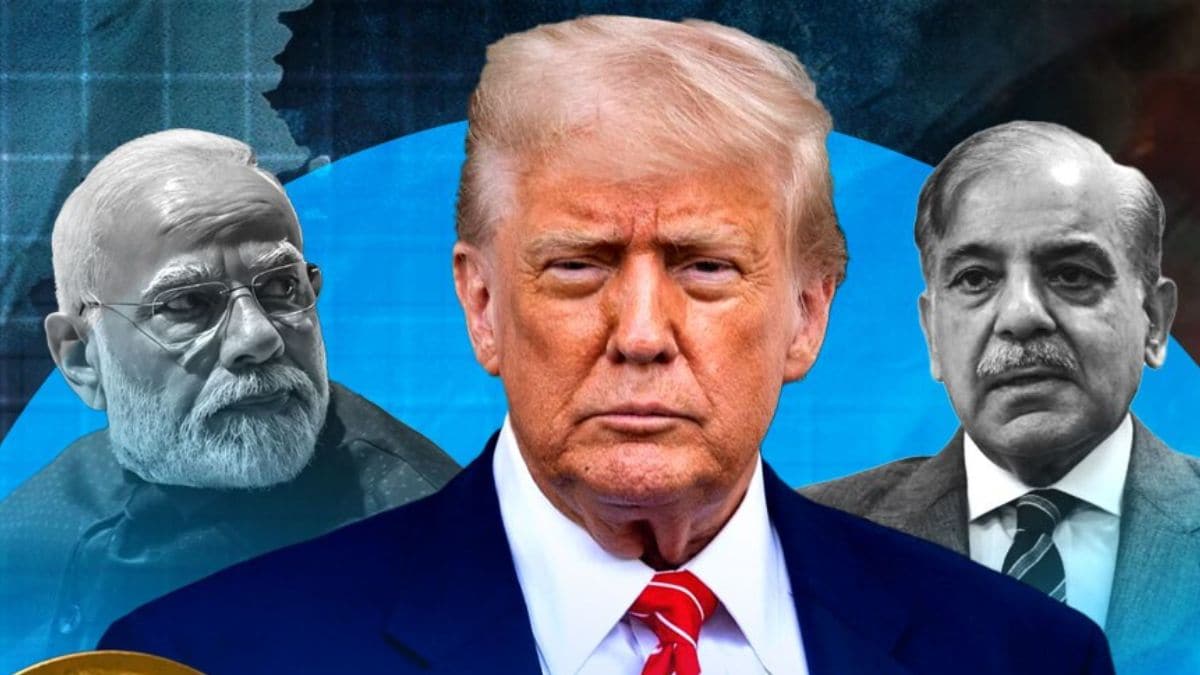

Donald Trump has once again asserted that he played a crucial role in de-escalating tensions between India and Pakistan, even suggesting he prevented a potential nuclear war. Speaking at the NATO Summit in The Hague, Netherlands, on Wednesday, June 25, 2025, Trump claimed he used the threat of halting trade deals with both countries to bring them to a ceasefire in May.
Trump stated that he initiated a series of phone calls, making it clear to both India and Pakistan that if they continued fighting, the United States would not engage in any trade agreements with them. He highlighted the severity of the situation, noting that the conflict was escalating rapidly and that both nations possessed nuclear weapons. According to Trump, his intervention led to a breakthrough, with both countries agreeing to halt hostilities to pursue trade deals with the U.S.
"Maybe the most important of them all (wars) was India and Pakistan. I ended that with a series of phone calls and said that if you fight each other, we are not doing any trade deal," Trump said at the briefing. "The General (Asim Munir of Pakistan) was very impressive. Prime Minister Modi is a great friend of mine, he is a great gentleman and I got them to reason. They said we want a trade deal. So we stopped a nuclear war."
Trump's claims follow a period of heightened tensions between India and Pakistan, triggered by the Pahalgam terror attack on April 22, which resulted in the deaths of 26 civilians. India responded with Operation Sindoor, conducting precision strikes against Pakistani terror infrastructure on May 7. The two countries reached a ceasefire understanding on May 10, which Trump initially announced, attributing it to his intervention.
However, India has consistently refuted Trump's version of events. Indian officials maintain that the ceasefire was the result of direct talks between the Directors General of Military Operations (DGMOs) of the two countries. They deny that any trade threats or offers from the U.S. were part of the discussions leading to the de-escalation. Prime Minister Narendra Modi reportedly told Trump in a recent phone call that the U.S. had no role in establishing the truce.
Despite India's denials, Trump has repeatedly claimed credit for brokering peace between the two nations. He has stated that he warned both New Delhi and Islamabad that the United States would cut off trade if tensions did not de-escalate. He also mentioned that Pakistani officials were scheduled to visit Washington the following week, and that Pakistan's Army Chief, Asim Munir, had visited him in the White House.
The Indian National Congress has seized upon Trump's repeated claims to criticize the Modi government. The party has accused the government of compromising India's interests by allegedly allowing the U.S. to dictate its foreign policy.
While Pakistan has acknowledged Trump's role in bringing about the ceasefire, even recommending him for the 2026 Nobel Peace Prize, India remains firm in its stance that the de-escalation was achieved through direct military-to-military talks.